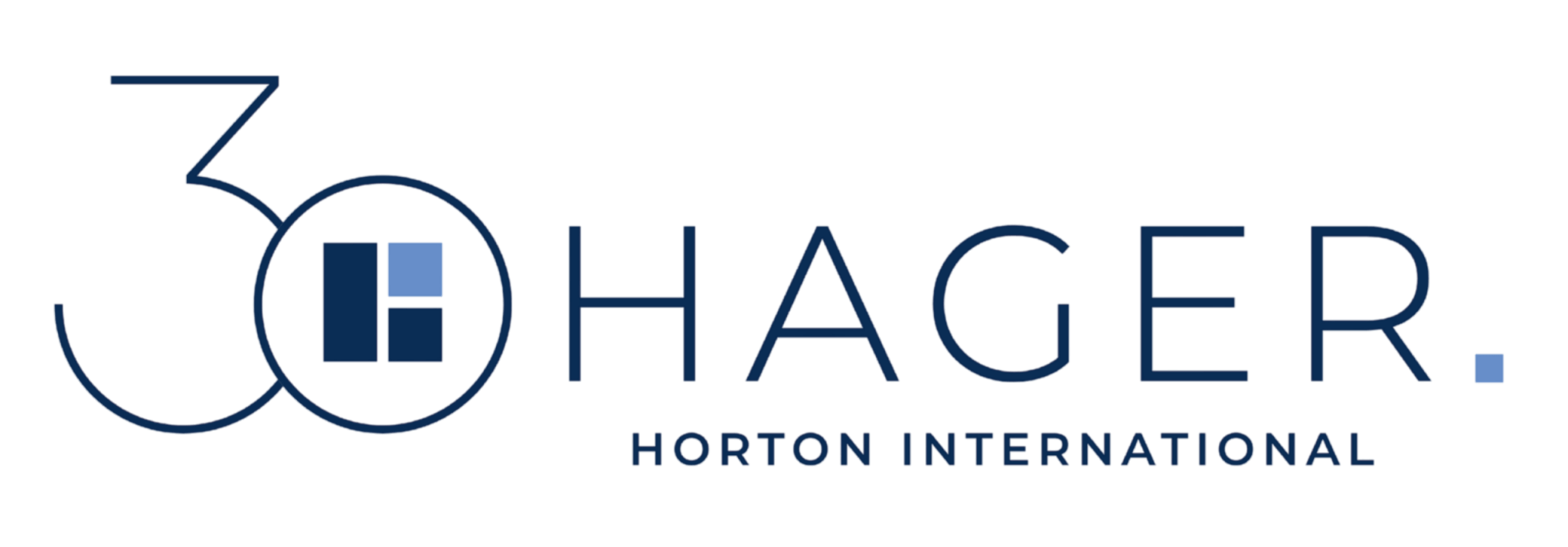The labour market is changing: international mobility is increasing and the pandemic is accelerating the transition to digitalized business models.

The pandemic has accelerated many technological developments. Which trends will dominate in 2021?
That’s right, corona has accelerated many developments enormously. There is hardly an area that the pandemic has not influenced. But it’s not that everything is new. Rather, existing technologies and trends have been reinforced or even finally established. One of the most important areas in this context is the entire “as a service” economy, i.e. “platform as a service”, open source platforms and all services related to hybrid, multi-cloud and 5G. Of course, 5G was already relevant before coronavirus. But here too, 5G campus networks complement existing WiFi infrastructures. We are also seeing another interesting development in voice control, keyword ‘voice user interface’ (VUI). Alexa was the initial driver, but the technology is now being used in many other areas of application. Fundamentally, sustainability is the meta-topic par excellence with all the business models relating to renewable energies. This also includes e-mobility as a driver of innovation. The significance of this can be seen in the valuation of Tesla shares. And finally – also not an innovation in the true sense of the word, but increasingly in focus due to IoT – cyber security is once again highly topical. On the one hand, all these technological developments are characterized by tremendous speed. On the other hand, beyond the purely technological aspect, consumer behavior is becoming more important. This is reflected in the increased importance of topics such as sustainability, environmental aspects, health and a new understanding of values.
What does this mean for your business model as a personnel consultant?
Our business model has already changed in recent years to the effect that run-of-the-mill application processes are a thing of the past and the demands on consulting services are increasing. In the past, the challenge was to find interesting candidates. Since the introduction or breakthrough of social media, especially Xing and LinkedIn, this dominance has become a thing of the past. We are also seeing the extent to which in-house activities, i.e. active sourcing in HR departments, are making parts of the recruitment market obsolete. This applies above all to specialists and specialist positions right down to lower management. This has substantially changed the business model of recruitment consultancies. And of course there are even more implications for the executive level, with networks becoming even more exclusive. In addition to the basic business of finding suitable candidates, consulting services are becoming increasingly important. This means that the networks from the past – keyword old boys network – will still exist for a while. But in the next ten years, there will be a new generation at the top level that is socialized very differently and that networks and communicates very differently. Transparency and trust will become more important. In the area of executive search, this does not just mean finding the best match for the candidate company. It also includes integration into the company and organizational development aspects. In other words, our job is correspondingly more complex and comprehensive, and the demands on consulting have increased. Here, too, the pandemic has accelerated certain trends. Contrary to assumptions, the momentum has by no means slowed down. On the contrary, we are seeing that candidates in the IT sector in particular are quite willing to change jobs.
Conversely, where are the greatest opportunities for talent and what does this mean for the labor market as a whole?
Even if we are seeing a strong braking effect in many areas of the economy, the overall picture is that the global economy is growing again. Perhaps less so here in the western world. But China, for example, has already recovered very quickly. In other words, there are regions with strong growth. On the other hand, the mobility of people has increased. There is a much greater willingness, especially among top executives, to relocate. This means that managers trained in Germany, especially the specialists in demand, are increasingly receiving offers outside Germany. There is great demand in Scandinavia, for example. The markets there are manageable in terms of talent. This means that global demand and therefore international competition among applicants is increasing. On the other hand, human knowledge is increasing at breakneck speed. It is now doubling every twelve years. This naturally means that many new topics such as robotics, Industry 4.0 and big data are being added. This leads to an ever-increasing requirement profile. Today’s talents have to acquire more and more knowledge in less and less time. This brings us back to the keyword of lifelong learning. This naturally has a major impact on qualifications. Increasing automation means that the jobs of the less qualified in particular are disappearing. On the other hand, a huge number of new jobs are being created for highly qualified people. There are excellent opportunities for well-trained talents, especially those who are flexible and have a global mindset.
This also means that countries have to compete for the best brains. From what we know, Germany is not particularly popular with expats. We have some catching up to do…
Yes, unfortunately. Other countries are much more attractive. It starts with the language, but it goes beyond that. We need to make an effort and organize the migration of highly qualified experts better.
Let’s go back one step further, to training. There is a theory that Germany provides too much specialist training, but in the new world of work there is an increasing demand for generalists who are able to think in a networked way. Is that true?
What is certainly true: since the Bologna reform at the latest, it has become more difficult for students to get a taste of other subject areas. This has indeed changed in the last five to ten years. And as a result, there is sometimes a lack of ability to think outside the box and to think in a networked way. However, I still see this in a slightly more positive light, because the many dual study courses are bringing well-trained young talent into companies. Incidentally, we are also experiencing this in our company. They get an excellent theoretical foundation and gain practical experience at an early stage.
Another point of criticism is that SMEs in Germany think too vertically – and not in terms of networking business models. Do we primarily need a mindset change?
Yes, you’re still too caught up in your own comfort zone. Breaking out of it is a difficult undertaking. Especially if there’s not enough pressure.
Does that mean we are (still) doing too well? Is prosperity an inhibitor of innovation?
I would agree with that in part. We do experience that there are always people in companies who are in the autumn of their career and don’t necessarily want to do everything differently again shortly before retiring. And that then leads to necessary changes and innovations perhaps not being implemented. That’s one side of it. At the same time, I am convinced that there are enough innovative minds in Germany who are motivated and want to tackle and change things. If things don’t work out, it may also be due to too many regulations or restrictions. So it’s not always prosperity that is to blame for the innovation backlog. Incidentally, I find it interesting to observe what happens when start-ups meet corporates. There is often a clash. It’s still usually the bigger company that calls the shots. However, there are already companies that have understood the principle of collaboration. But this is a process that is still in full swing.
Start-ups is a good keyword. Personio is a new unicorn that is successful with HR software. To what extent is that surprising?
We are constantly looking at where the investments are going. When I look at the venture capital and private equity scene, HR is one of the most important areas in recent years. There are also an extremely high number of patent applications here. For me, this is not a big surprise, but it underpins the thesis that we are facing technological change in all areas and that the human-machine aspect is becoming more important, including in HR. Here too, companies are under pressure to use appropriate software solutions to increase collaboration. I think that growth is far from over.
Finally, what are the lessons we hope to learn from and after the pandemic?
I think one of the most important lessons is the fact that we have to get used to the fact that circumstances can change very quickly. And that we have to endure the massive uncertainty that such exceptional situations bring with them. We have seen that the shift to online was a key factor in terms of business continuity. We have learned that we can work much more efficiently with video calls and that remote working is still possible. However, we have to be careful here, because this also carries the risk of taking on too much and burning out or possibly losing our connection to the company over time. We will have to keep a close eye on these psychological effects in the future. And what else? Over the last few months, we have finally understood that digitalization is not a nice-to-have, but that it is high time we took it seriously. We have also learned that we all need a more start-up mentality to deal with new situations. This means admitting mistakes and learning from them, correcting course when necessary, in other words becoming truly agile in the best sense of the word. What we are also seeing now is that companies that have this adaptability and agility are in a much better position. In the end, it’s about trying out new things, testing the unfamiliar, being creative and – this is my personal credo – just doing it.



